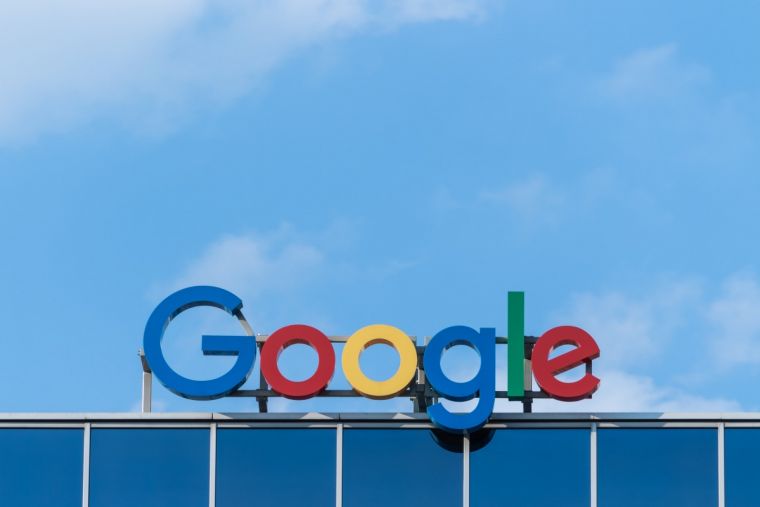Censoring the internet – A plea from John Milton

Did you know that President Lincoln stated, "Most of what you read on the Internet is false"? I'm afraid if you cannot spot the obvious flaw in that statement then you are not worthy of reading this column! However England's greatest poet, the 17th Century Puritan, John Milton, did have something to say about the Internet. Let me explain.
Both the EU and the UK government have recently suggested further strong regulation to seek to control the worldwide web. The EU, despite significant popular protest, has passed radical proposals to severely limit the Internet.
This will affect everything from blogs and podcasts to larger sites. YouTube suggested it would mean them taking down 90 million of their videos. It will create a dual Internet – a restrictive one for the EU (along with North Korea and China) and a more open one for the rest of the world. Some argue that the EU are going with the big firms and the corporate lobbyists and limiting both freedom of speech and the free market.
The UK government have produced their own Online Harms paper - which effectively proposes an end to self-regulation and instead suggests a government regulator. Some see this as a necessary corrective; others describe it as an historic attack on free speech and freedom of the press. The trouble is, what do you do with material that is not illegal but which may be considered harmful? After all I think liberal theology, TV reality shows and boy bands are harmful. Should they be banned? On the other hand I am constantly told that my espousal of biblical morality is harmful and should be banned? Where are we heading?
This is where John Milton comes in. In the 1640s, the UK was split by a civil war – the nation was divided and tempers were running high (plus ca change...!). A relatively new technology, the printing press was having an enormous impact. And so the politicians in parliament decided they should do something about it and put forward a 'licensing order' in June 1643 to regulate the press.
Milton responded in 1644 with a passionate plea called 'Areopagitica – A speech for the liberty of unlicensed printing, to the Parliament of England'. It is a stunning work that has a lot to teach us. Remember those who refuse to learn from their past will repeat it!
Milton argued that suppressing books was like murdering someone. He stated that it was good for Christians to read the works of those who disagreed with them and that a mature people should be able to discern what is good and bad, without the government doing it for us.
In addition he pointed out that those who would be the licensers were not infallible, nor were they uncorrupt. If we are going to regulate printing (or the internet?) then we are going to have to have government regulation for everything else – from music to clothing.
Besides which we cannot expel sin and evil by censorship and regulation. The State has the right to govern us, but not to be our critics. Do we really think the people are so stupid that we have to be treated like children?
The danger with State (or corporate) censorship is that inevitably we end up excluding much that is good, as well as the bad. Milton also warns that the attempt to control thought, by either State or Church leads to a 'forced and outward union of cold and neutral, and inwardly divided minds'. Again in comments that are so pertinent to our day, he warns that government regulation will inevitably lead to the bigger companies having a monopoly.
When God is shaking a kingdom then of course there will be bad and false teaching, but God will send out teachers of his truth to deal with error. We must not suppress error with the power of the State but defeat it by the truth of Christ.
Milton – reflecting the teachings of Christ – surely has a word for our day. The governments should treat us like grown-ups able to think and reason for ourselves. We don't need them to censor on our behalf – because inevitably they will end up censoring us.
Freedom of speech, freedom of thought and freedom of religion are far too precious to be handed over to a government committee or a Californian mega corporation. I'll leave the last word with Milton:
"Where there is much desire to learn, there of necessity will be much arguing, much writing, many opinions; for opinion in good men is but knowledge in the making."
"Give me the liberty to know, to utter, and to argue freely according to conscience, above all liberties."
David Robertson is a minister in the Free Church of Scotland. He blogs at www.theweeflea.com











